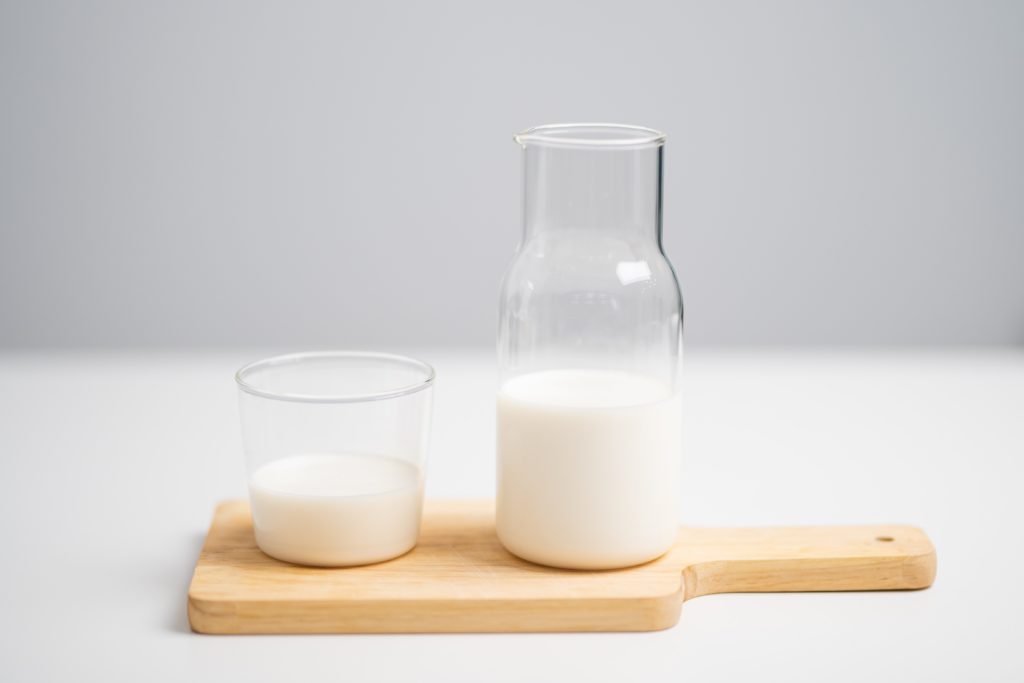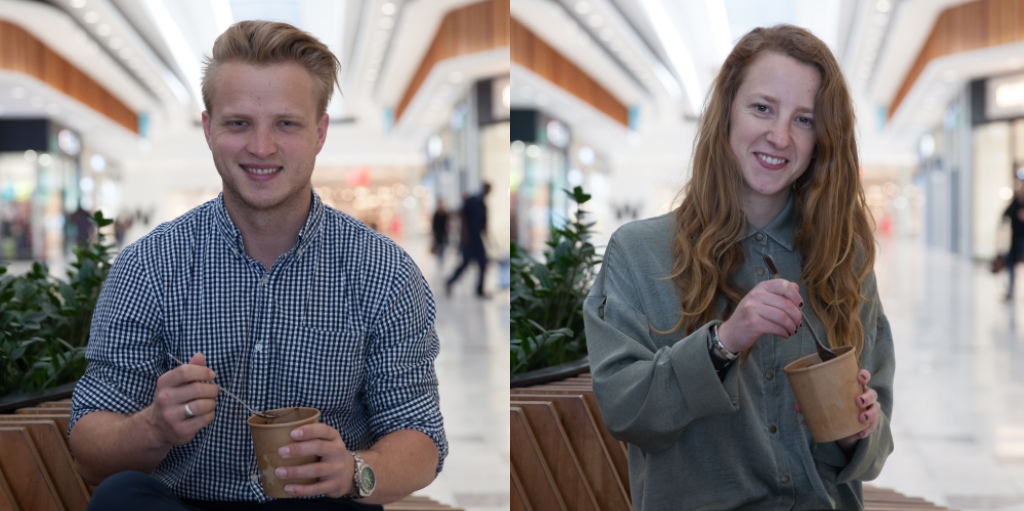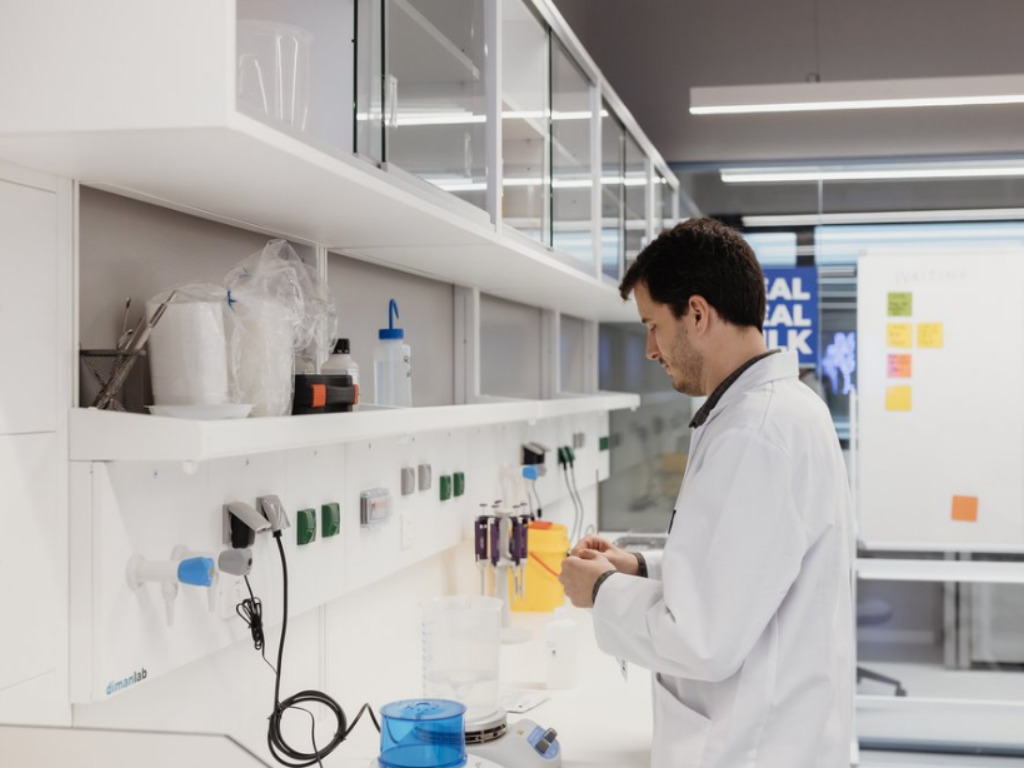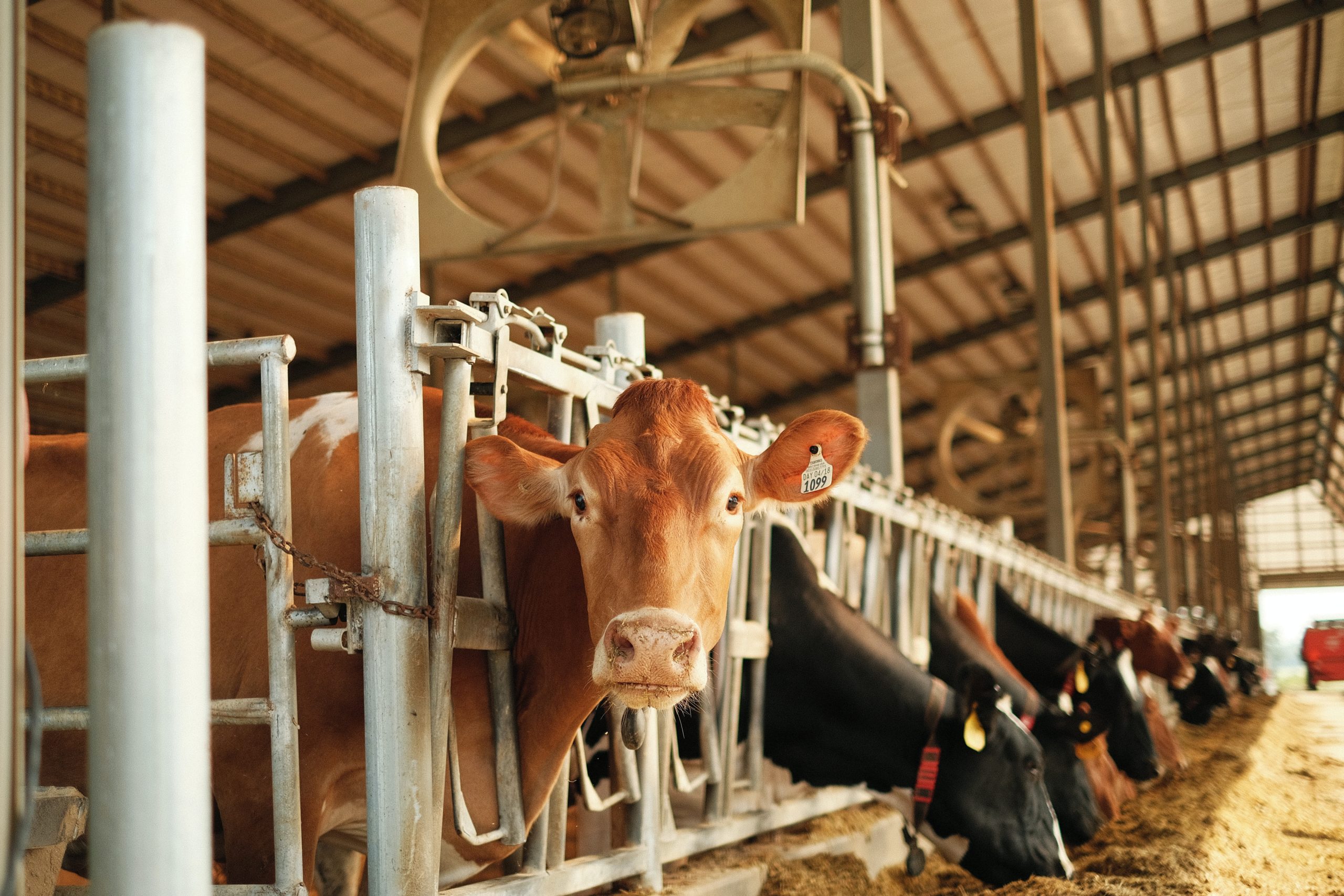These Four Startups Are Remaking Milk To Shape The Future Of Dairy
4 Mins Read
There’s no disputing the industrial dairy complex is problematic, particularly when it comes to fighting the climate crisis. Dairy farms across the world are a major contributor to the total greenhouse gas emissions over the life cycle of milk and other dairy products. We’re profiling four alternative dairy startups from around the world that are looking to take cows out of the equation while creating milk for a sustainable future. From precision fermentation to cellular agriculture specialisms, these companies are using the latest technologies to reshaping how milk is produced.
All four companies participated in the Mylkcubator programme, a six month incubation programme by Pascual Innoventures. Alternative dairy is becoming a highly competitive field, thanks to success stories such as California-based Perfect Day, which has pioneered animal-free dairy ice cream, cream cheese and milk. As demand rises for conventional products, the race to bring new ethical and climate-friendly alternatives to market is firmly on.

Consumers’ love affair with dairy
Though some individual countries, including Germany, say demand for dairy products is slowing down, overall global consumption is trending upward.
The environmental implications of such a surge come at a pertinent time, after a damning IPCC report that stated a categorical need for new food systems based on alternative proteins. Animal agriculture uses vast amounts of land, water, and energy. This generates emissions, both carbon and methane, that contribute significantly to the earth’s warming.
Though there is widespread acceptance that alternatives are needed, certain countries appear reluctant to embrace animal-free terminology. New Zealand recently opposed a motion to have ‘plant-based diets’ referred to in the IPCC Action Plan summary. It was supported by India and Kenya. Milked, a 2022 documentary, shines a light on the ethical and environmental disasters of the New Zealand dairy industry and makes the case for alternatives succinctly.

1. De Novo dairy
A South African startup leveraging precision fermentation. The company was founded by the same people that launched Gourmet Grubb, an insect protein-based ice cream brand. De Novo has previously cited a desire to be the continent’s first precision fermentation-powder dairy setup capable of producing everything including milk and cheese.
The startup bagged an undisclosed amount of pre-seed funding in December last year, to support its R&D phase. It is now manufacturing high-value proteins for B2B supply.
2. Zero Cow Factory
India’s first bioengineering and microbial fermentation dairy company, Zero Cow Factory aims to differentiate itself from the myriad of domestic plant milk companies. It is currently working on developing proteins that act and taste identical to dairy ones.
The company cites its positive impact as being four-fold: healthier dairy, animal welfare and climate friendliness. It uses 98 percent less water than conventional dairy during production.

3. Real Deal Milk
Based in Spain, Real Deal Milk uses precision fermentation to create casein and whey proteins that function the same as conventional dairy ones. It aims to offer ingredients that will give alternative dairy products comparable taste and texture qualities, thus elevating the sector to new levels. It hails itself as creating “authentic dairy” with no animals.
The startup draws focus on the environmental and ethical downsides of dairy farming. It claims that of 7.6 billion people on earth, six million consume conventional dairy. Instead of increasing dairy production to meet the demands of a growing population, it suggests precision fermentation as a clean and sustainable alternative.
4. Pure Mammary Factors
Based in the U.S., Pure Mammary Factors is a 108Labs offshoot that seeks to reduce the cost of producing cultivated milk by developing affordable growth factors. Added to culture media, the factors allow for a faster production process, thereby costing less overall. Final products are slated to be food-grade growth factors that can be supplied globally to cultivated outfits. Milk produced can be ingested “straight from the cell” without being pasteurised, unlike most animal milk.
Lead photo by Austin Santaniello at Unsplash.





